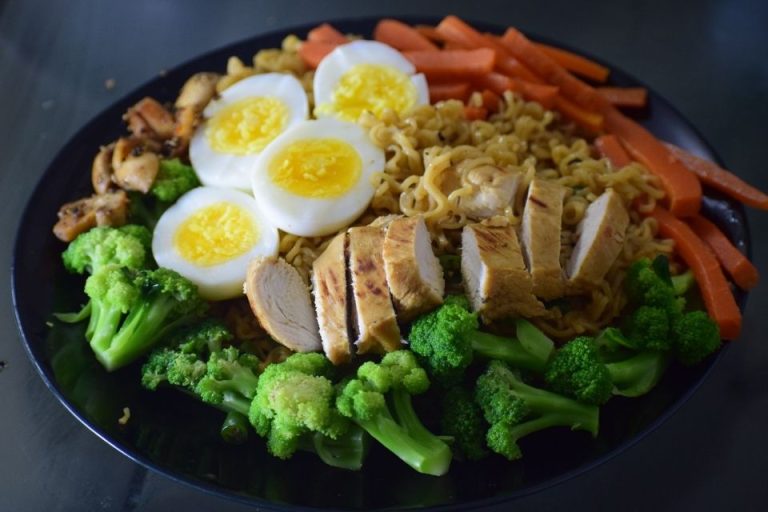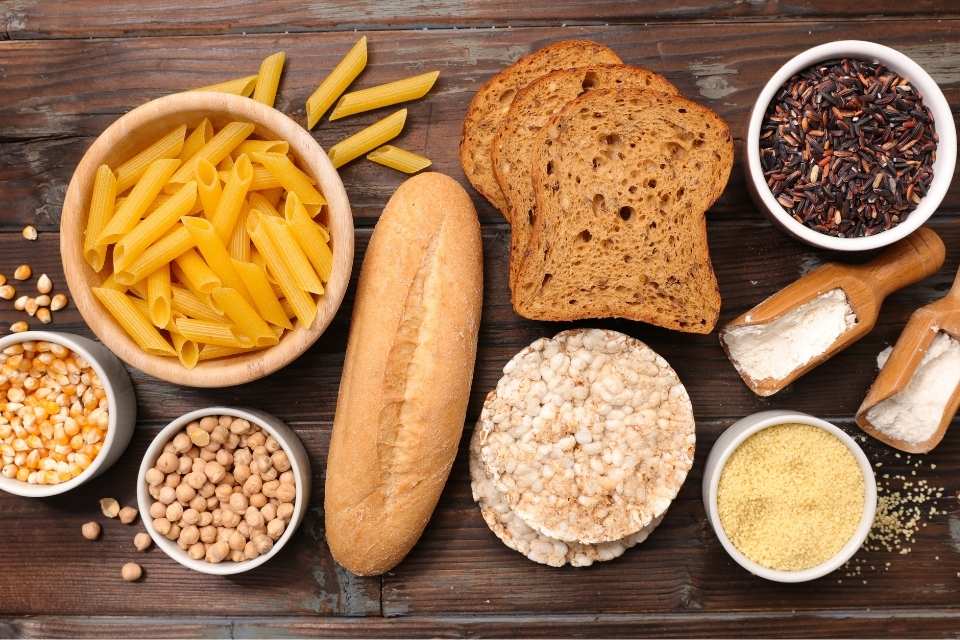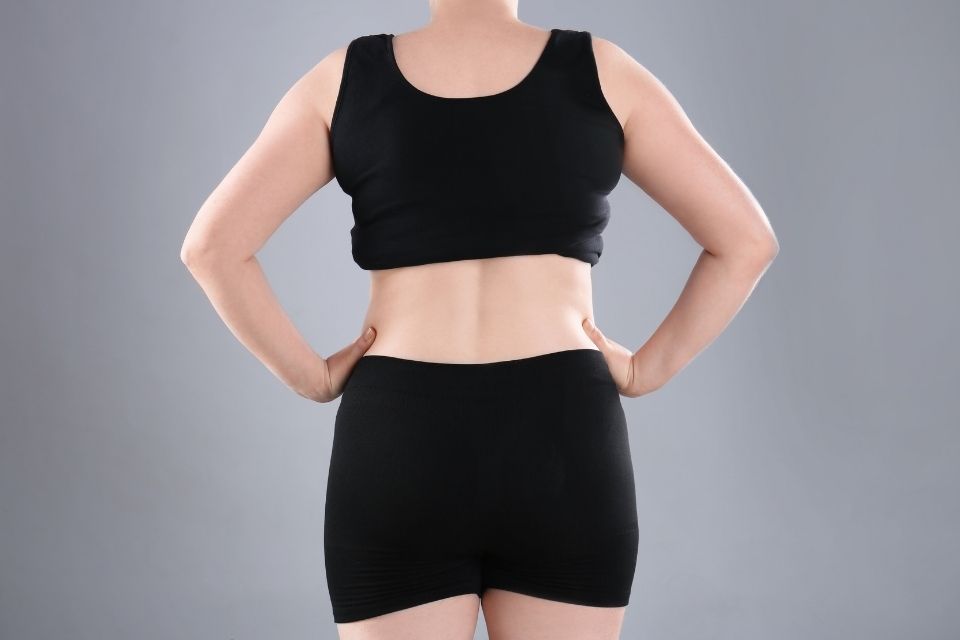Protein is one of the most essential nutrients in our diet. It plays a fundamental role in building and repairing tissues, producing hormones and enzymes, and supporting overall health.
But one of the most common questions is: how much protein should I eat per day?
The answer depends on factors such as body weight, activity level, age, and goals like weight loss, maintenance, or muscle growth.
In this guide, we’ll explore the importance of protein, how to calculate your daily needs, the best food sources, and practical strategies to ensure you’re meeting your requirements.
Why Protein Is So Important
Protein is made up of amino acids, often referred to as the “building blocks” of the body. Some of its main roles include:
- Building and repairing muscles and tissues
- Producing hormones and enzymes
- Supporting immune function
- Helping with satiety and weight control
How Much Protein Should I Eat Per Day?
1. General health (WHO recommendation)
The World Health Organization suggests around 0.8 g of protein per kilogram of body weight per day for sedentary adults.
Example: a 70 kg (154 lb) person needs about 56 g of protein per day just for maintenance.
2. For weight loss
A higher intake is beneficial to preserve lean muscle mass and increase satiety. Recommended: 1.2 to 1.8 g per kg of body weight per day.
3. For muscle gain (hypertrophy)
Athletes and people doing strength training need 1.6 to 2.2 g per kg of body weight per day.
Example: an 80 kg (176 lb) person who lifts weights should consume between 128 and 176 g of protein per day.
4. For older adults
To prevent muscle loss (sarcopenia), the intake should be 1.0 to 1.2 g per kg per day.
How to Calculate Your Protein Needs
Simply multiply your body weight in kilograms by the factor that matches your goal:
- Sedentary: 0.8 – 1.0 g/kg
- Weight loss: 1.2 – 1.8 g/kg
- Muscle gain: 1.6 – 2.2 g/kg
- Older adults: 1.0 – 1.2 g/kg
Example:
- A 60 kg woman aiming to lose weight → 60 × 1.5 = 90 g/day
- A 75 kg man building muscle → 75 × 2 = 150 g/day
Best Sources of Protein
Animal sources
- Chicken, turkey, beef, fish
- Eggs
- Milk, yogurt, cheese
- Whey protein
Plant-based sources
- Beans, lentils, chickpeas
- Quinoa
- Tofu and soy
- Nuts and seeds (chia, pumpkin, almonds)
Practical Examples of Protein in Foods
- 1 chicken breast (150 g): 40–45 g protein
- 2 eggs: 12 g
- 1 cup of Greek yogurt: 10–15 g
- 1 scoop of whey protein: 20–25 g
- 1 cup of cooked lentils: 18 g
Tip: Spread protein intake throughout the day to maximize absorption and satiety.
Protein and Weight Loss
High-protein diets help with fat loss by:
- Increasing satiety and reducing appetite
- Preserving lean muscle mass during calorie deficit
- Slightly boosting metabolism
Protein and Muscle Growth
Muscle growth depends on both strength training and adequate protein intake. A balanced intake of carbs and fats also plays an important role.
For best results:
- Train consistently with progressive overload
- Eat 1.6–2.2 g/kg/day of protein
- Combine animal and plant-based protein sources
Is Too Much Protein Harmful?
For healthy people, consuming more protein than recommended is usually not harmful, provided you stay hydrated.
People with kidney issues should consult a doctor before increasing protein intake.
Strategies to Increase Protein Intake
- Start the day with eggs or Greek yogurt.
- Add lean meats or legumes to every meal.
- Use whey protein for convenience.
- Snack on nuts, cheese, or protein bars.
- Mix grains and legumes (rice + beans) for complete plant protein.
FAQs About Protein
How much protein per meal is ideal?
Around 20–40 g per meal, depending on your body weight and goals.
Do I need supplements?
Not necessarily. Supplements are practical but not mandatory if you meet your needs with whole foods.
Can I lose weight with a high-protein diet?
Yes, if combined with a calorie deficit and regular training.
Does timing matter?
Distributing protein evenly across meals is more important than timing it around workouts.
The Right Protein Intake for Your Goals
Now that you know how much protein you should eat per day, it’s clear that the amount varies depending on your lifestyle and goals.
Whether your focus is general health, fat loss, or muscle growth, the key is to ensure a consistent intake, spread throughout the day, with a variety of high-quality sources.
Want to know exactly how much protein and what training plan fits your needs? Download the Befit app and get personalized nutrition tips, workout programs, and progress tracking to reach your goals faster and with confidence.








